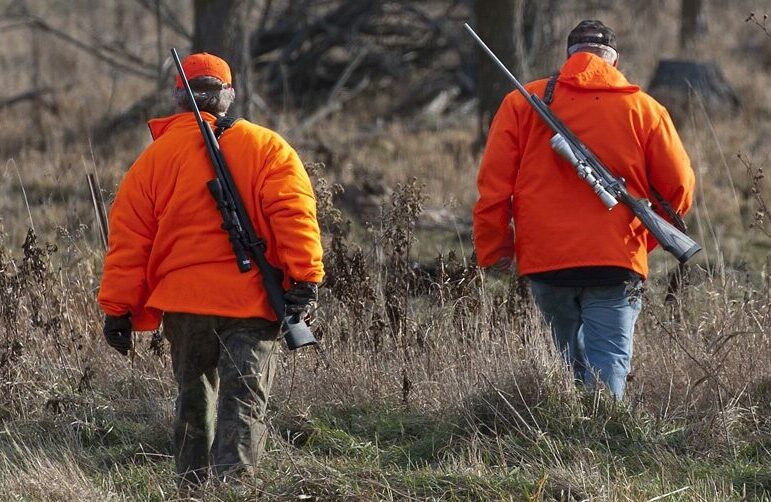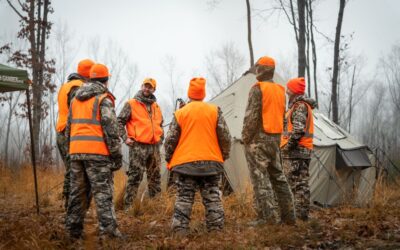With CWD in Tennessee, hunter support is more crucial than ever—from harvesting for data collection to engaging with conservation groups. The Federation continues to be a strong voice for sportsmen and outdoors enthusiasts.
Hunters asked to act now to help the future of deer hunting in Tennessee
It’s no secret. Chronic wasting disease (CWD) is in Tennessee and it poses a huge threat to our deer and elk populations. CWD is a highly-contagious neurological disease in deer and elk that causes weight loss, abnormal behavior, and eventual death.
Tennessee Wildlife Federation was founded to help wildlife thrive in our state and be a voice for sportsmen and other outdoor enthusiasts. Since the discovery of CWD in Tennessee, the Federation has been continuously sharing the views of sportsmen and others in the industry, such as wild game processors, with the Tennessee Wildlife Resources Agency (TWRA).
“Chronic wasting disease is proving to be one of the greatest—if not the greatest—threats to white-tailed deer and the important conservation work that deer hunting supports,” said Michael Butler, CEO of the Federation. “If we do not work to manage CWD to low levels of prevalence, it will forever change our state deer herd for the worse.”
>>TAKE ACTION: Pledge to help contain CWD
The next deer season is just around the corner and the TWRA has a clear message. To effectively control the disease, they need a lot more data about where CWD is and at what levels. The only way to get that data is for sportsmen to hunt more and get their harvests tested.
Currently, Fayette, Hardeman, Madison, Tipton, and Shelby counties are known to be CWD positive. The nearby counties of Crockett, Gibson, Haywood, Chester, and McNairy are identified as being at high-risk for CWD.
>>MAP: CWD zone by county
>>OUTSIDE RESOURCE: Where and how to test your harvest
TWRA has put these nine counties into a new CWD Unit with new regulations to empower hunters and encourage higher harvests. This includes changes in bag limits, replacement bucks, season length, and more.
If CWD isn’t aggressively fought, it could lead to fewer hunters. This would reduce conservation efforts for all wildlife. Hunters are the largest source of funding because of license fees and special taxes.
If you are a deer hunter, gather your friends and family to hunt this season. Follow the regulations set by the TWRA on transporting and submitting your harvest for CWD testing.




